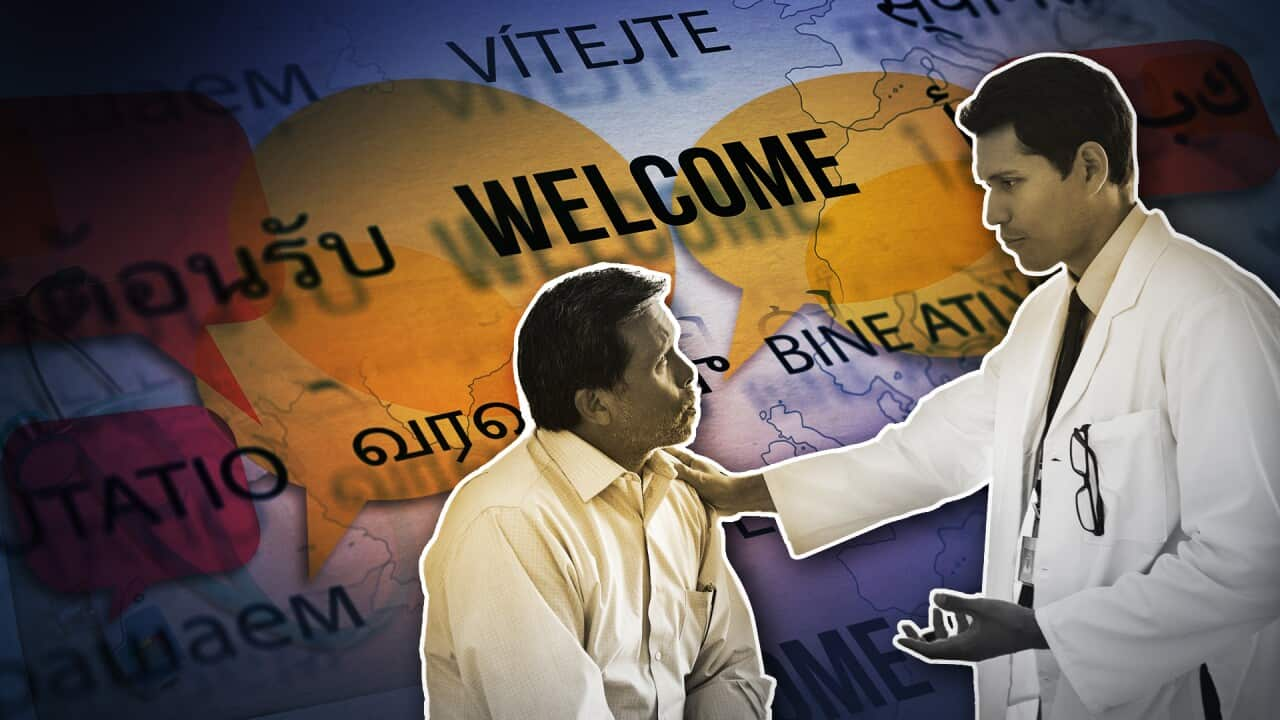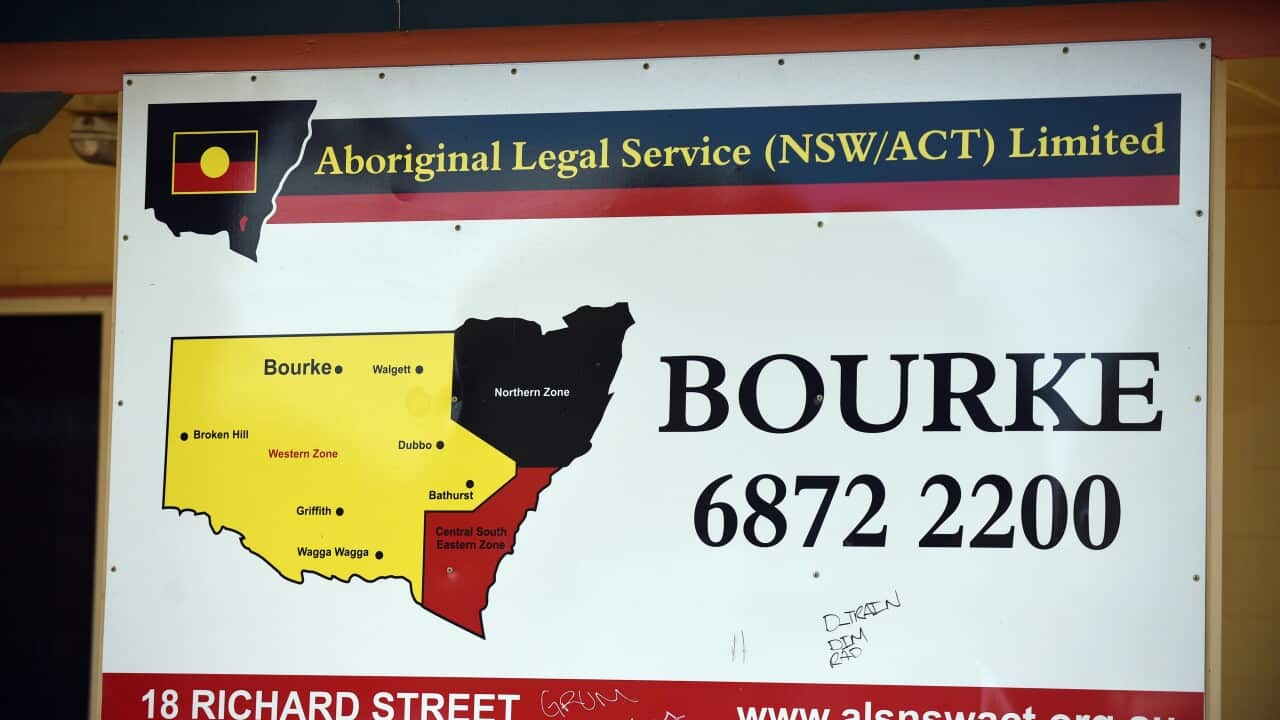Key Points
- An investigation found that the interpreter system in the NT and WA does not meet the needs of Aboriginal people.
- A shortage of interpreters in the court system means defendants are pleading guilty to charges they don't understand.
- Legal advocates point out that it is a human right for someone to communicate in a language of their choice.
Aboriginal people in the Northern Territory and Western Australia are being denied access to justice due to a shortage of interpreters in the court system, an investigation has found.
Aboriginal defendants are spending more time in detention than necessary and pleading guilty to charges they don't understand, according to the investigation by ABC Radio National program The Law Report.
Despite legal and human rights advocates attempting to bring attention to the issue of first languages for years, the interpreter system remains woefully inadequate, the report found.
Aboriginal and Torres Strait Islander Social Justice Commissioner June Oscar - a Bunuba language speaker from Fitzroy Crossing - told the ABC it is a fundamental human right for someone to communicate in a language of their choice.
"It shows a lack of will and understanding by people operating in these systems that there's absolute disrespect for themselves and their profession where they don't ensure that these rights are upheld and that they're operating in a just system," she told the program, airing on Tuesday night.
More than 100 Aboriginal languages and dialects are spoken in the NT and they vary greatly in their grammatical structures, concepts and vocabulary.
Hiring an appropriate interpreter is not only a matter of finding someone who can speak the language, there are also important cultural protocols to consider.
Jennifer Baker, from Milingimbi Island off the coast of Arnhem Land, works for the NT's Aboriginal Interpreter Service, which also supplies interpreters to Western Australia and South Australia.
She speaks Djambarrpuyngu, Gupapuyngu, Gaalpu and Wangurri languages, as well as Yolngu Matha.
"Sometimes in the Djambarrpuyngu language there isn't a word, so while we're interpreting, we need to make up a word that is going to match that word," she said.
"If they ask me, he's been charged with murder, I'll have to tell the client, 'they're charging you for murder', but then I would explain it to him in Yolngu Matha, in the language, in a simpler term, cause we do not have a direct word for murder.
"But we explain it in a way, saying like … 'nee' ... and that's like, 'you hit that person but that person has died now'."
In Ms Baker's community, Yolngu Matha is the first language.
"The only time English is used is when they're in the presence of a non- Yolngu Matha speaking person," she said.
"At home, there's no English in my house."
NT Courts said in a statement that due to a lack of interpreters, matters are adjourned in the Darwin Local Court almost daily.
Courtney Marthick, a criminal lawyer with the North Australian Aboriginal Justice Agency, said difficulties finding an interpreter meant sometimes people face sentencing or serious allegations without having had them explained in their own language.
"That is an injustice in itself because it means that people are coming before the courts and facing some of the most serious charges in the criminal calendar without a full comprehension of what is going on," she said.




